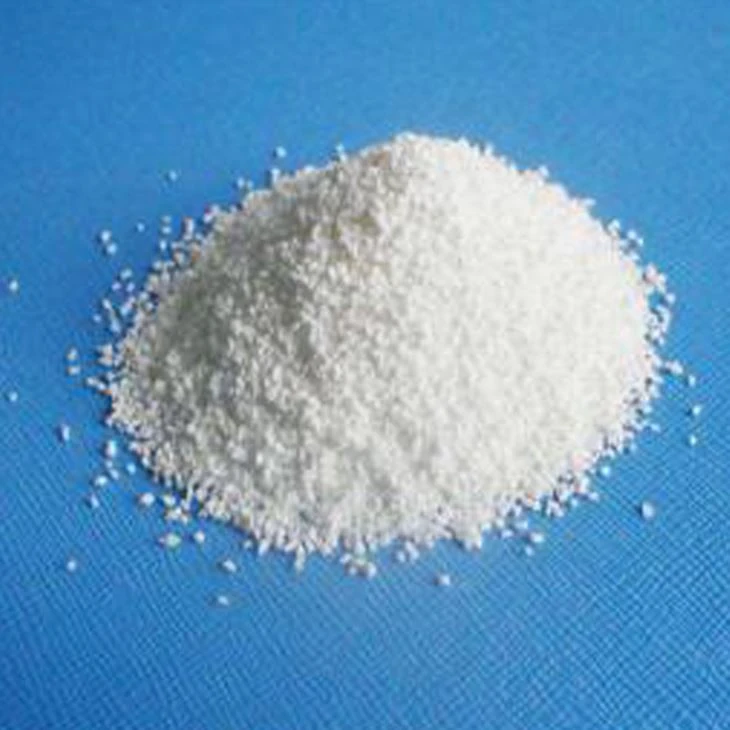



chemical oxidation in wastewater treatment
Chemical Oxidation in Wastewater Treatment An Overview
Wastewater treatment is a critical process for safeguarding the environment and public health by removing pollutants from used water. Among the various methods employed in wastewater treatment, chemical oxidation stands out as an effective and versatile technique. This article explores the principles, benefits, and applications of chemical oxidation in the context of wastewater treatment.
Chemical oxidation refers to the process of using oxidizing agents to convert soluble and insoluble pollutants into less harmful compounds, often through biochemical or chemical reactions. This method is particularly effective in breaking down organic contaminants, including those that are difficult to treat through conventional biological processes. The oxidizing agents commonly used in chemical oxidation include ozone (O3), hydrogen peroxide (H2O2), chlorine (Cl2), and permanganate (KMnO4). Each of these agents has unique properties that can be leveraged based on the specific characteristics of the wastewater in question.
One of the most significant advantages of chemical oxidation is its ability to target a broad range of pollutants. For instance, ozone, a powerful oxidant, can effectively degrade complex organic compounds, pharmaceuticals, and pesticides that are often resistant to biological treatment. Furthermore, chemical oxidation can be used to eliminate pathogens, making treated water safer for discharge or reuse.
In addition to its effectiveness, chemical oxidation also offers speed and flexibility. Unlike biological processes, which can take days or even weeks to achieve the desired level of treatment, chemical oxidation can significantly reduce the required time. This rapid treatment capability allows for the management of sudden influxes of contaminants, such as during storm events or industrial spills.
chemical oxidation in wastewater treatment

The integration of chemical oxidation into wastewater treatment systems can be approached in several ways, including as a primary treatment method or as a complementary technology to enhance the overall treatment efficiency. In many cases, chemical oxidation is utilized as a pre-treatment step before biological treatment to reduce the load on biological systems and increase overall process effectiveness. Alternatively, it can serve as a polishing step, ensuring that residual contaminants are addressed before the treated water is discharged or reused.
Despite its advantages, the application of chemical oxidation in wastewater treatment does come with challenges. The cost of chemicals and the potential formation of harmful by-products are significant considerations that must be managed carefully. For example, when using chlorine, there is a risk of forming chlorinated organic compounds, which can be more toxic than the original pollutants. Thus, understanding the nuances of chemical interactions and selecting the appropriate oxidizing agents are crucial for minimizing risks and achieving optimal outcomes.
Monitoring and control technologies are vital components of successful chemical oxidation processes. Advanced analytical techniques, such as spectrophotometry and chromatography, are employed to measure pollutant concentrations and identify by-products, ensuring that treatment objectives are met while minimizing negative environmental impacts.
Moreover, integrating chemical oxidation with other treatment technologies can create synergistic effects that enhance overall efficiency. For example, sequential treatments combining chemical oxidation with membrane filtration or advanced oxidation processes can lead to higher-quality effluents suitable for various applications, including irrigation, industrial reuse, or even potable water supply.
In conclusion, chemical oxidation plays a pivotal role in modern wastewater treatment strategies, offering effective solutions for managing complex pollutants. As technology advances and the need for sustainable practices continues to grow, the development and optimization of chemical oxidation processes will remain crucial for addressing the challenges faced by wastewater treatment facilities. Through careful selection of oxidizing agents, monitoring of process dynamics, and integration with other treatment methods, chemical oxidation will continue to evolve, contributing to safer and cleaner water for all.
-
Why Sodium Persulfate Is Everywhere NowNewsJul.07,2025
-
Why Polyacrylamide Is in High DemandNewsJul.07,2025
-
Understanding Paint Chemicals and Their ApplicationsNewsJul.07,2025
-
Smart Use Of Mining ChemicalsNewsJul.07,2025
-
Practical Uses of Potassium MonopersulfateNewsJul.07,2025
-
Agrochemicals In Real FarmingNewsJul.07,2025
-
Sodium Chlorite Hot UsesNewsJul.01,2025










